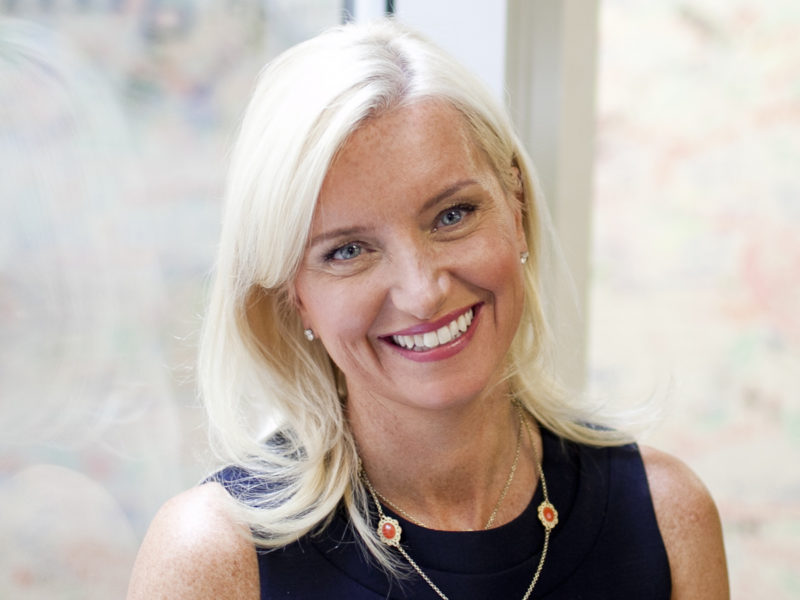‘Marketers told me they are feeling uneasy’: Facebook to boost advertising transparency
Facebook will be joining third party audit services to boost its advertising transparency and brand safety, VP of global marketing solutions Carolyn Everson said in an opinion piece published last night.
The announcement comes as the company is dealing with a number of crises, including allegations of inflating subscriber numbers, brand safety issues and ongoing claims of promoting fake news.

Carolyn Everson, Facebook VP of global marketing solutions


Bob Hofman nails Facebook:
“We always knew that Facebook was an amazing company, but their ability to reach non-existent people sets a new standard for the online ad industry — which has always prided itself in imaginary advertising accomplishments.
Perhaps the only area in which Facebook can exceed its amazing use of metrics is its amazing use of language. When they were asked to explain the bullshit they were peddling, they had this to say about their numbers…
‘They are designed to estimate how many people in a given area are eligible to see an ad a business might run. They are not designed to match population or census estimates.’
So there will be rebates?
This reads like a company who says it’s financial accounts are fine, because it has an independent auditor who signed off on them.
It doesn’t change the fact Facebook’s audience numbers were and are still horseshit. Those ‘independent third parties’ have never once called out the inaccuracies of Facebook’s audience numbers publicly. Whether they raised their concerns behind closed doors, we’ll probably never know, but it does suggest they’re either ineffectual or not truly independent. The silence is deafening. It appears the only independent voice questioning Facebook’s numbers are the occasional advertiser and media identities/publishers.
Agencies wouldn’t dare bite the hand that feeds them, and if they do, it’s left to the likes of people like Sorrell – because only elephants fuck elephants.
Hello – I’m a senior digital person at large agency and can safely say we bite them all the time. We can’t say they ‘feed’ us, as at best they’re a frenemy; a valued partner (like any other partner) on the one hand, but equally looking for ways to cut us off at the knees to sell a magic bean to our clients without allowing us opportunity to do our due diligence.
I can’t speak for all media buyers, but it doesn’t take long for anyone to default to vast, vast skepticism of each and every partner, be they Facebook, Google or Fairfax/News and similar. Policy is, unless we can recreate their claims in OUR Nielsen/ IAS/ ad server, we don’t buy it.
Example, our IAS data on our Facebook campaigns showed 4% viewability on mobile devices (because people scroll fast). And so our client no longer buys R&F on Facebook, only engagement. Digital planners see into the truth of these things every day, but we just report them back to client and do our jobs rather than write a Mumbrella op-ed about it. Maybe we should? There’s a lot of opinions out there by people who’ve never pulled a report before.